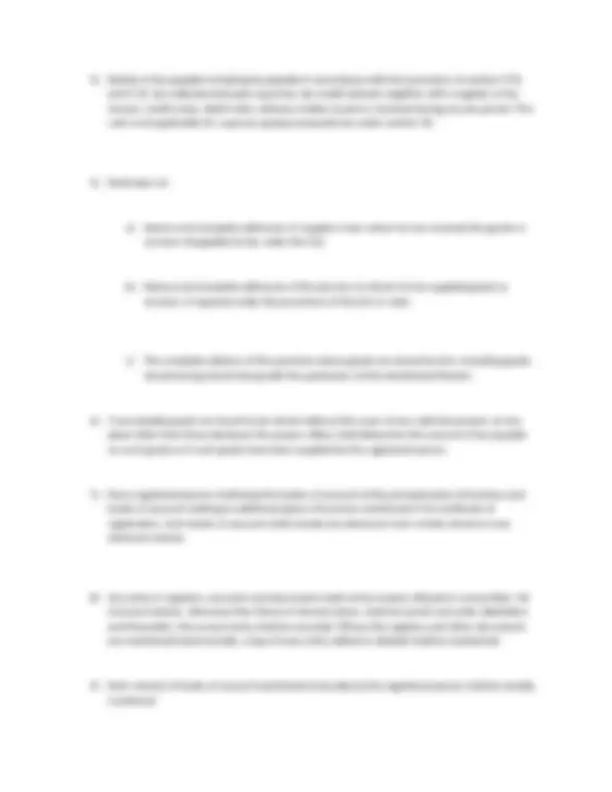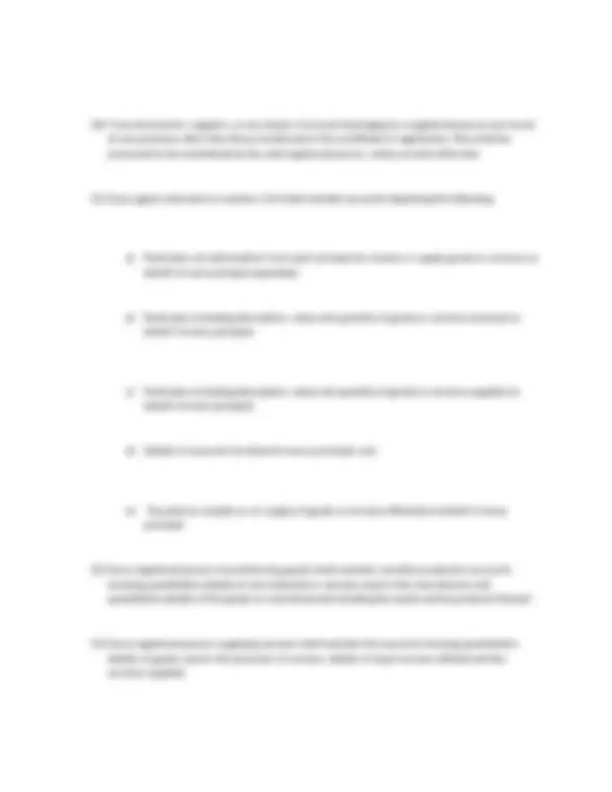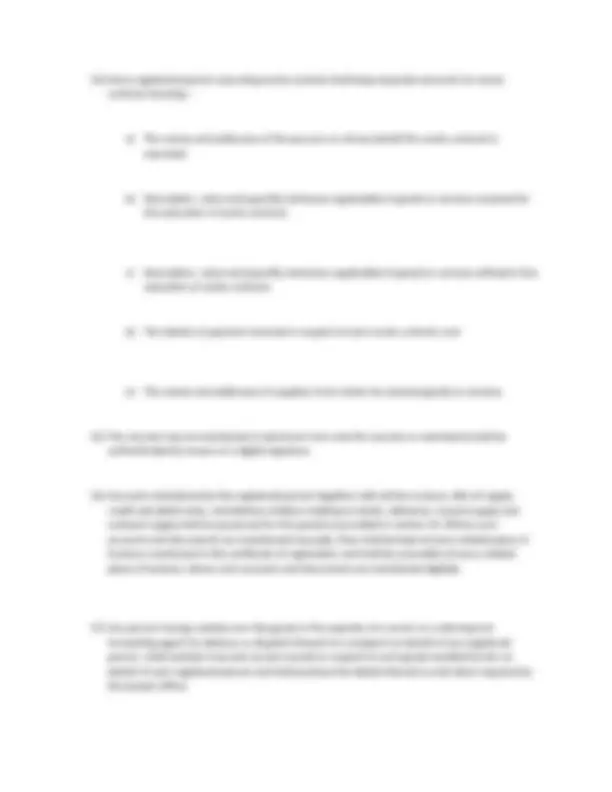





Study with the several resources on Docsity

Earn points by helping other students or get them with a premium plan


Prepare for your exams
Study with the several resources on Docsity

Earn points to download
Earn points by helping other students or get them with a premium plan
Community
Ask the community for help and clear up your study doubts
Discover the best universities in your country according to Docsity users
Free resources
Download our free guides on studying techniques, anxiety management strategies, and thesis advice from Docsity tutors
Gst related information are provide in the documents
Typology: Schemes and Mind Maps
1 / 7

This page cannot be seen from the preview
Don't miss anything!




GST Accounts and Records According to GST law, every registered person is bound to maintain certain books of accounts and other records. The following are the important provisions in the Act and rules relating to the accounts and records. Accounts to be Maintained by a Registered Person [Sec. 35] Every registered person should keep and maintain the prescribed books of accounts and records at his principal place of business mentioned in the certificate of registration. In the case of a person having more than one place of business as per the certificate of registration, the accounts relating to each place of business shall be kept at such places of business. The registered person may keep and maintain the accounts and other particulars in electronic form, in the prescribed manner. The accounts and records should depict a true and correct details of the following.
The copy of the audited annual accounts, the reconciliation statement under Section 44 (2) and such other documents must be submitted in such form and manner as may be prescribed. When the registered person fails to keep the accounts of the goods or services, the proper officer shall determine the amount of tax payable on the goods or services or both that are not accounted for. In such cases, the provisions of sections 73 or 74, shall be applied for determining the tax. Period for which Accounts and Records are to be Maintained [Sec. 36] Every registered person required to keep and maintain books of account or other records as per section 35 shall retain them for a period of six years (72 months) from the due date of furnishing of annual return for the year. However, in the case of a registered person, who is a party to an appeal or revision or any other proceedings before any Appellate Authority or revisional Authority or Appellate Tribunal or Court, or is under investigation for an offence, the books of accounts and records should be maintained for a period of one year after final disposal of the case or for a period of six years, whichever is later. Rules Regarding Accounts and Documents [Rule 56) Every registered person should keep the following accounts and documents as insisted in Section